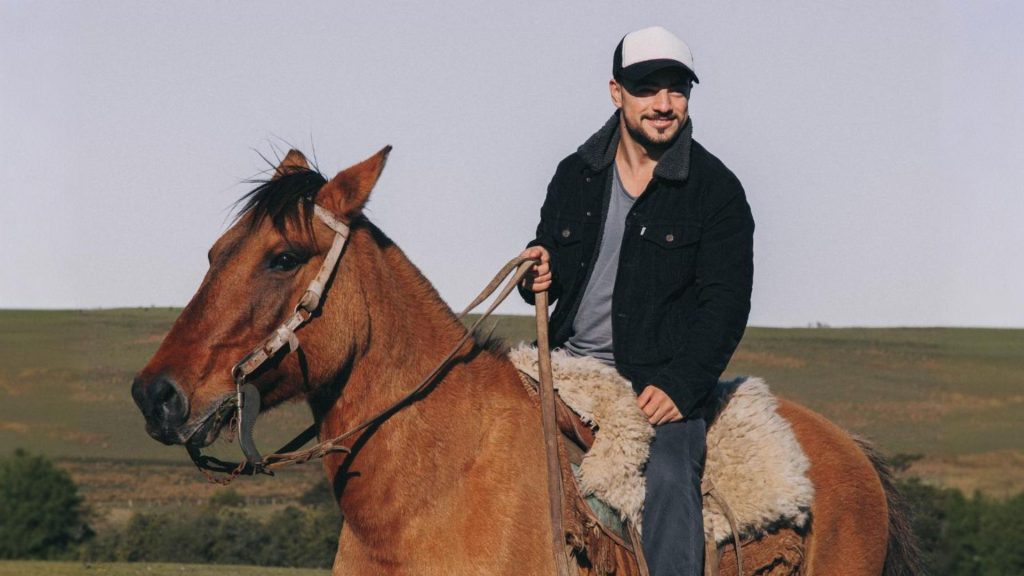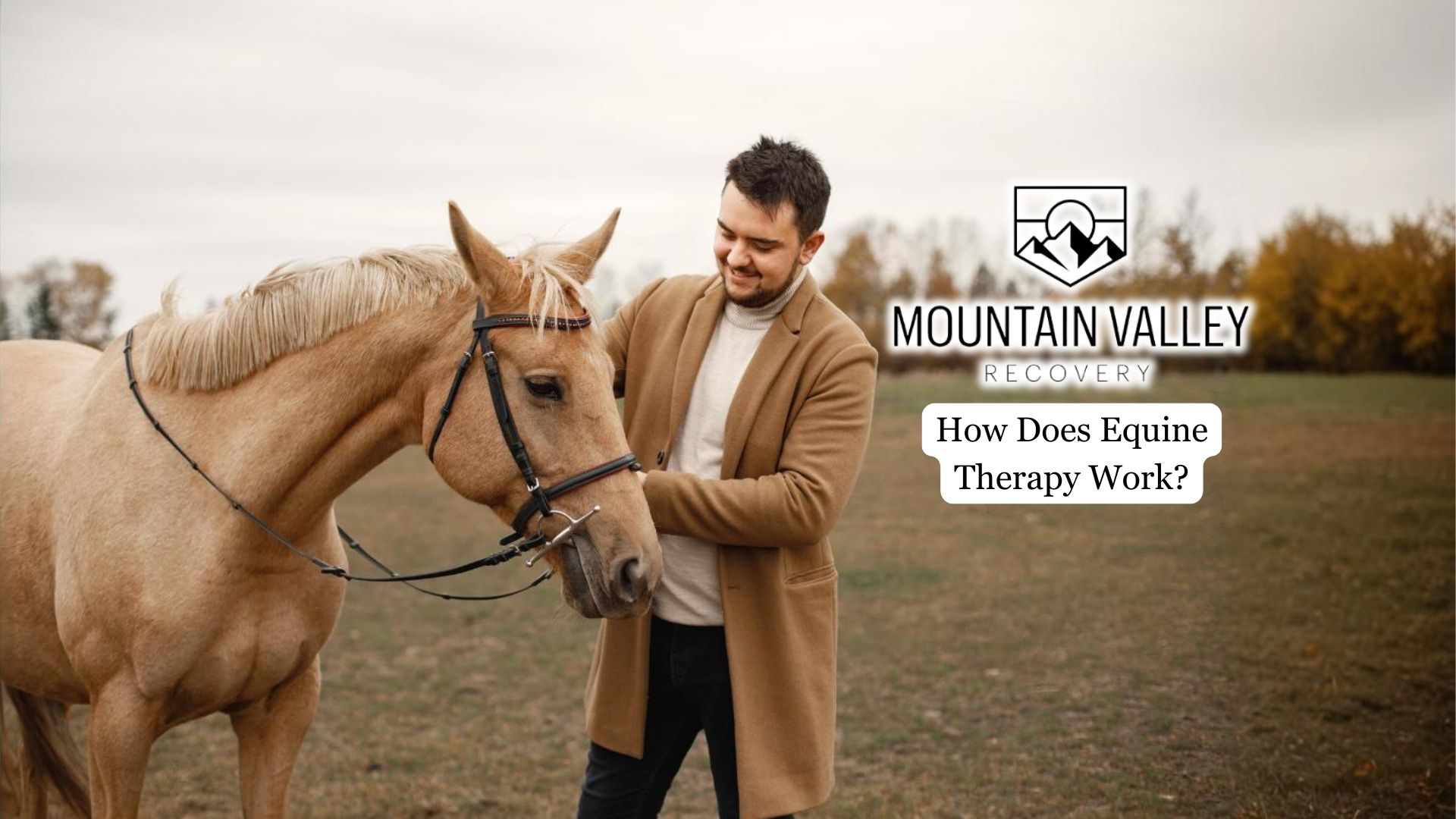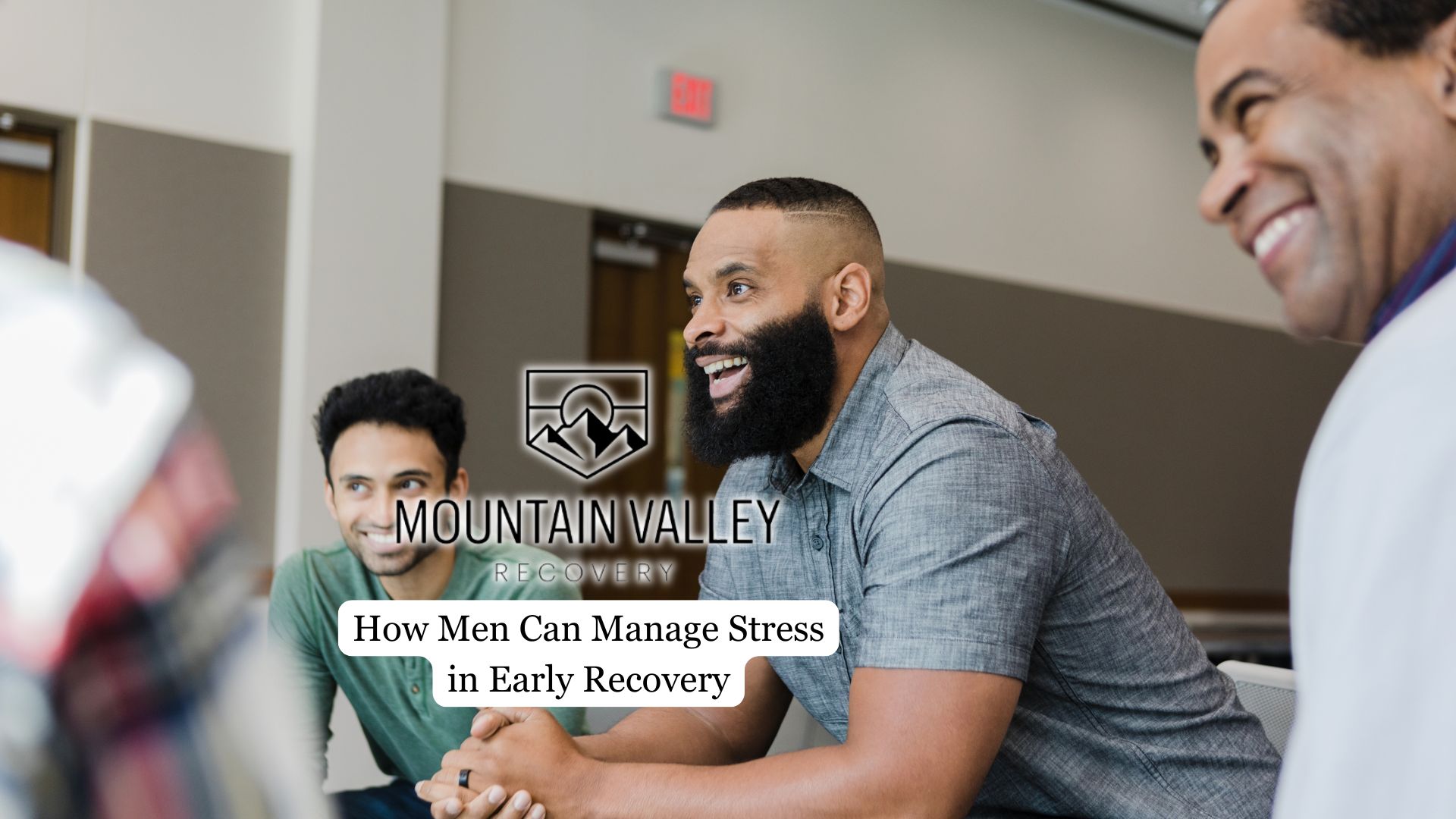Equine therapy, also known as equine-assisted therapy, is a therapeutic approach that involves interactions between individuals and horses to promote emotional, psychological, and behavioral healing. This evidence-based method is widely used for individuals recovering from addiction, trauma, and mental health conditions.
In this article, we will explain how equine therapy works, its benefits, and why it is an effective tool for recovery.
The Role of Horses in Therapy
Horses play a unique role in therapy due to their highly sensitive and intuitive nature. As prey animals, they are constantly attuned to their surroundings, making them excellent at mirroring human emotions. This ability allows individuals to gain immediate feedback on their behaviors and emotional states. Horses do not judge, making them ideal therapeutic partners for those who struggle with trust or vulnerability.
Their size and strength also create a sense of presence, requiring individuals to develop confidence and assertiveness when interacting with them. Engaging in equine-assisted therapy provides individuals with a structured environment to work on these emotional and behavioral challenges.
By working with horses, patients engage in non-verbal communication, which can be particularly beneficial for those who find it difficult to express themselves through words.
How Equine Therapy Sessions Work
Equine therapy sessions are guided by licensed therapists and trained equine specialists. Each session is designed to meet the specific needs of the participant, incorporating structured activities that align with their treatment goals.
Sessions typically involve groundwork exercises where participants interact with horses without riding them, focusing on activities like grooming and leading to build confidence and communication skills.
Guided discussions help individuals process emotions and behaviors that arise during interactions with the horses. Observation and feedback encourage participants to reflect on their experiences and how those experiences relate to personal struggles or patterns in their daily lives.
This hands-on approach allows individuals to confront emotions, develop problem-solving skills, and build resilience in a supportive environment.
Psychological and Emotional Benefits of Equine Therapy
For individuals recovering from addiction or trauma, working with horses can enhance emotional regulation by encouraging mindfulness and presence.
It helps build self-esteem and confidence through successfully managing tasks with the horse. The process also strengthens trust and relationship skills by teaching individuals to communicate and bond with the animal. Many participants experience a reduction in stress, anxiety, and depression through the calming effect of interacting with horses.
Equine therapy also increases accountability and responsibility, as caring for a horse requires commitment and discipline. These benefits contribute to long-term recovery by fostering emotional resilience and healthy coping mechanisms.

Equine Therapy for Addiction and Mental Health Recovery
In addiction recovery, individuals often struggle with trust, communication, and self-acceptance. Equine therapy addresses these challenges in a unique way by offering immediate, non-verbal feedback.
If a participant approaches a horse with anxiety or aggression, the horse responds accordingly, prompting the individual to adjust their behavior in real-time. This process encourages self-reflection and helps individuals recognize and regulate their emotions more effectively.
For those dealing with depression or PTSD, equine therapy provides a sense of purpose and connection. The structured routine of caring for a horse instills a sense of responsibility and accomplishment, which can be particularly beneficial for individuals working to rebuild their lives.
Why Equine Therapy is Effective in Long-Term Recovery
Equine therapy is not a standalone treatment but a complementary approach that enhances traditional therapeutic methods such as cognitive-behavioral therapy (CBT) and group counseling. The experiential nature of equine therapy allows individuals to engage in self-discovery and emotional growth in ways that traditional therapy alone may not achieve.
The effectiveness of equine therapy lies in its ability to provide a safe and supportive environment for emotional expression. It encourages non-verbal communication and self-awareness, fostering personal growth and resilience through experiential learning. It also helps individuals develop healthy relationships and coping strategies for long-term recovery.
When incorporated into a comprehensive treatment program, equine therapy can significantly improve outcomes by addressing both the psychological and behavioral aspects of addiction and mental health recovery.
Final Thoughts from Mountain Valley Recovery
Equine therapy is a powerful tool for personal growth and recovery, offering individuals a unique opportunity to heal through meaningful interactions with horses. At Mountain Valley Recovery, equine-assisted therapy is an integral part of our holistic approach to treatment, providing a safe and supportive environment for men to rebuild their lives. Through structured, evidence-based equine therapy sessions, participants gain the skills and emotional strength needed for lasting recovery.





